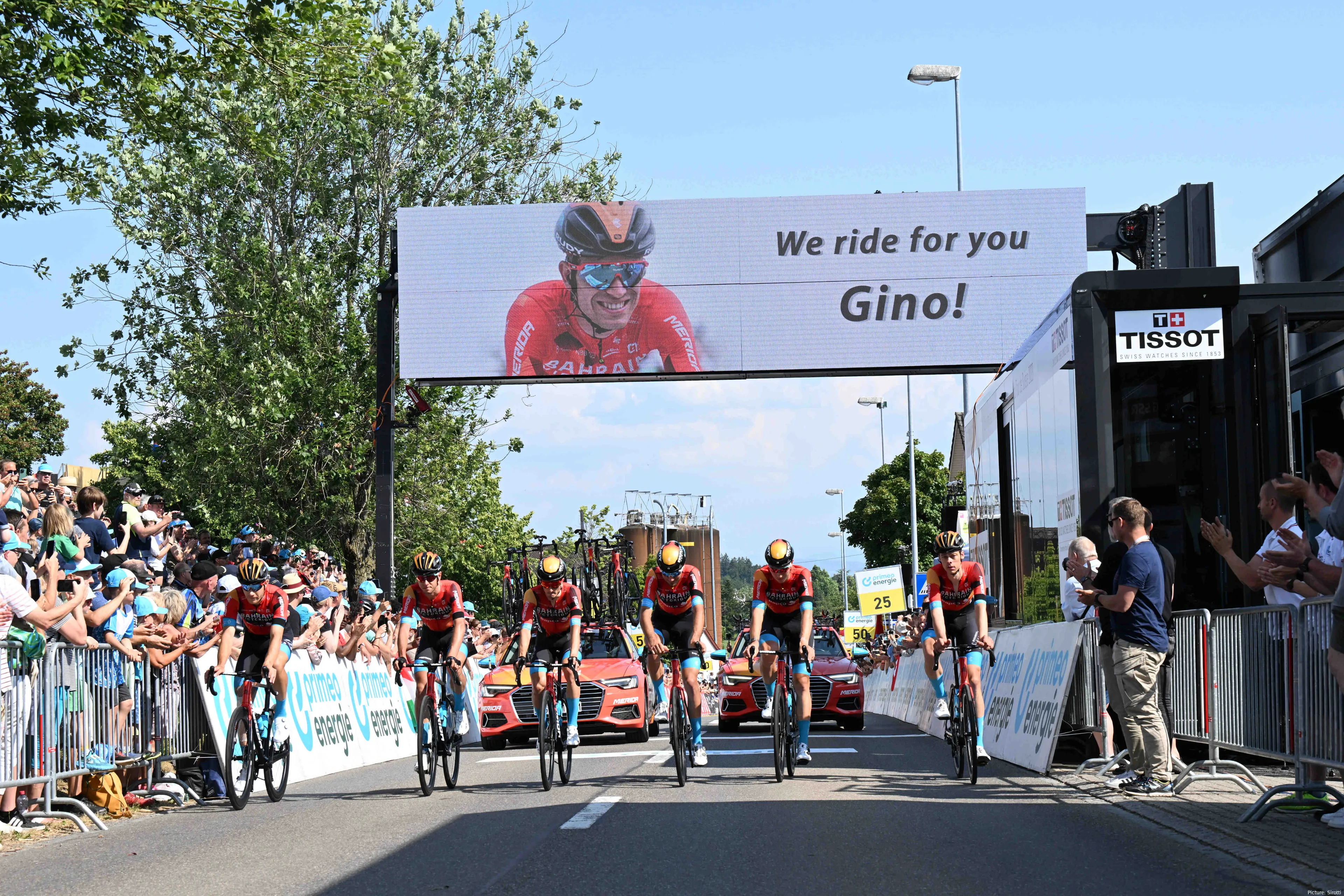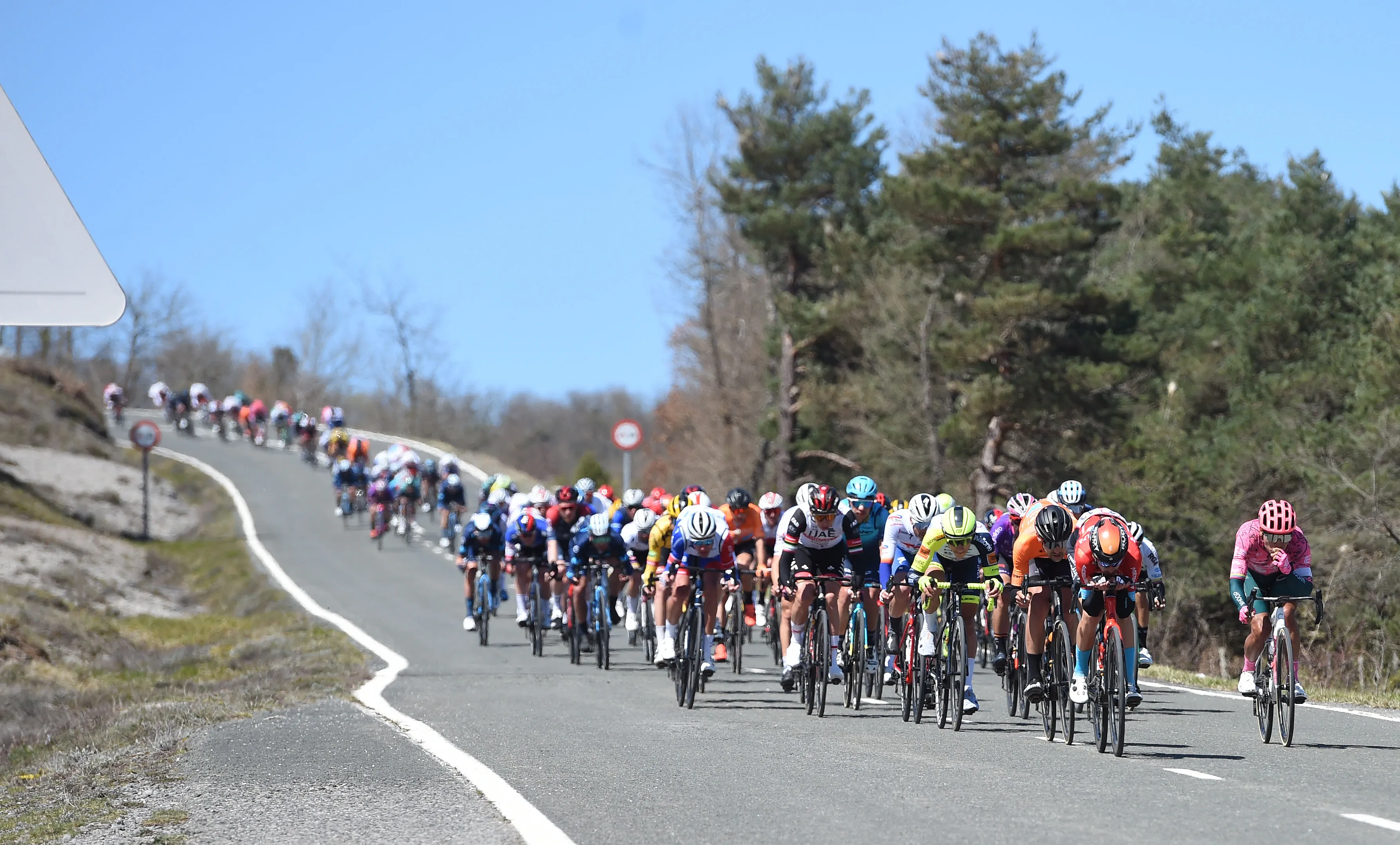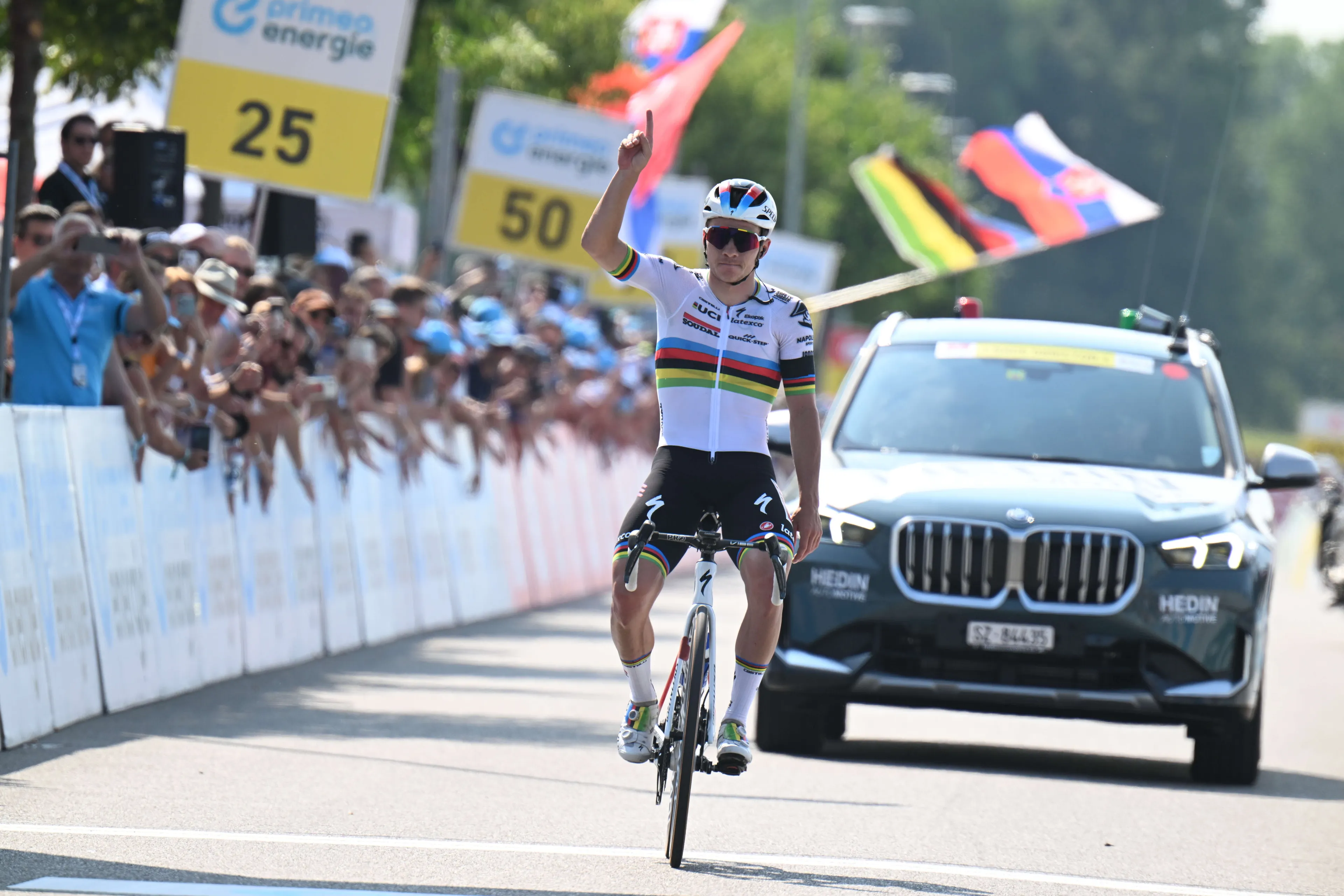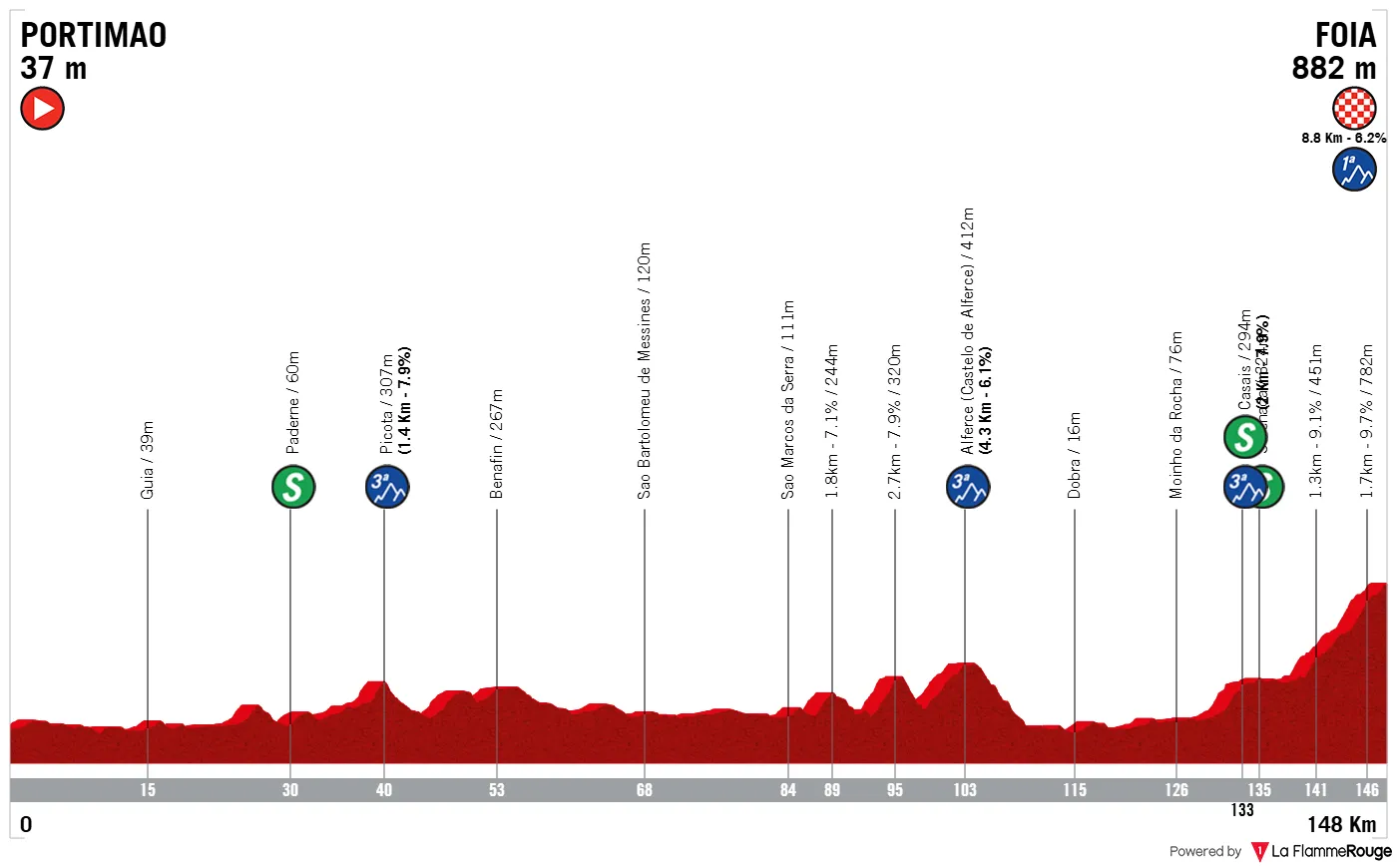New organisation SafeR that will focus on race safety will be officially presented at Grand Départ in Bilbao
CyclingSunday, 18 June 2023 at 07:00

The theme of safety in the race has become even more prominent in last days and has led to concrete actions, as an independent body will be presented to the outside world at the Grand Départ in Bilbao. This institution, with the working name SafeR, should make professional cycling safer, according to the Algemeen Dagblad, among others.
BEAT Cycling Club rider and AD columnist Thijs Zonneveld opens his article with a sneer at the UCI, organizers of races and cycling teams. "Whereas other sports such as Formula 1 already started working seriously decades ago to make races safer, cycling seemed to accept that deaths and injuries are simply part of it. The subject of safety was never a priority, the UCI excelled in its absence, it was not an issue for most organizers and the riders and teams did not manage to make a fist together," is one of Zonneveld's sharp quotes.
Read also
Zonneveld also provides text and explanation about the creation of SafeR, which stands for Safe Road Cycling. "The project was launched at the initiative of a number of teams, in the aftermath of Fabio Jakobsen's near-fatal crash in the 2020 Tour of Poland. Quick-Step, Team DSM and INEOS Grenadiers converted into decisiveness."
Several analyzes have shown that cycling accidents can be divided into two equal halves. "One half is caused by the course, the other by the behavior of riders, team leaders' cars and motards," says Zonneveld, who immediately suggests a number of potential measures.
Read also
"In the future, courses will have to be checked well in advance by professionals employed by SafeR, not just part-time UCI commissaires who allow themselves to be driven around the course at the last minute."
In that context, many cycling fans will probably also wonder how an organization such as SafeR is financed. "The costs of SafeR will be borne by contributions from teams, UCI and organizers of competitions."
Read also
claps 0visitors 0
Just in
Popular news
Latest comments
- Imagine Pogi being in this race. He would motivate Del Toro "common, common...let's go, let's leave Remco even more behind." Of course Pogi would go ahead and catch Tiberi. 1) Pogi... 2) Tiberi... 3) Del Toro... Remco would be behind more than 3 min. Pogi being at the UAE (his own Tour) would have crushed Remco mentally, like in 2025. Poor little Belgian child.Mou-Cro-HR19-02-2026
- Slowly and slowly Remco is fading. He's an over rated cyclist.Mou-Cro-HR19-02-2026
- Go back a few months and check what I wrote. This guy is the best sprinter out there in the next 5 years. Also he can do more than sprint ..
 PAULO19-02-2026
PAULO19-02-2026 - Fantastic climb by Tiberi. Let’s see more of this from him.Pedalmasher19-02-2026
- Loved watching this finale. Brutal climb, looked like a brand new Middle Eastern Alpe d'Huez with those switchbacks on the mountain edge. So much grit on Del Toro's face. I really thought he might catch Tiberi with about 1500m to go. Great stage.antipodeanpedalfan19-02-2026
- You’re expecting cycling to stay immune from this type of conjecture when the worlds’ most watched and listened to figure spouts out similar unsubstantiated crap daily? Most people just follow bad example because it’s a lot easier than figuring out a good one. Anyway, it could be anything, perhaps he just knew Andrew too well, or Sir Jim didn’t want him helping any more of those pesky foreigners and paid him off ;-) He doesn’t seem the Epstein type but if that was it, kudos to him for being practically the only one to resign BEFORE being found out. I find it very concerning that no-one has much to say about any of these people who keep at it until they just can no longer claim their innocence. Who did they learn from, Lance?Mistermaumau19-02-2026
- If you are going to make comments like that, back it up with proof. Otherwise keep them to yourself.Searider18-02-2026
- In the same place as the outcry over boys vs girls losing weight, which, is in about the same place as boys vs girls getting hit, or abused.Mistermaumau18-02-2026
- Haha.awp18-02-2026
- That's a little extreme, you take wins where you can get them.awp18-02-2026
Loading
Write a comment










